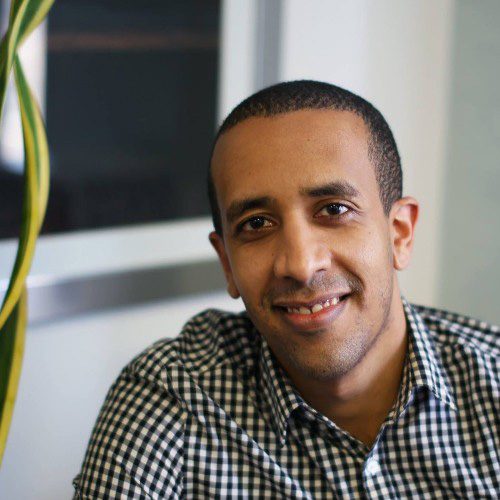Skift Take
FIFA's 2026 World Cup schedule announcement on February 4 will shape the future of tourism in 16 North American cities.
The future of tourism to New York, Philadelphia, Vancouver, Mexico City and a dozen other cities is going to change next week. On February 4, FIFA is going to announce the schedule of which city gets which World Cup games in 2026 — and the millions in visitor spending that comes with it.
The games will take place in Mexico, the U.S., and Canada.
The 16 host cities are Atlanta, Boston, Dallas, Houston, Kansas City, Los Angeles, Miami, New York, Philadelphia, Houston, Seattle, Vancouver, Toronto, Guadalajara, Mexico City and Monterrey.
FIFA has also upped the number of matches to a historic 104 and has raised the number of qualifying teams from 32 to 48.
Before the big schedule reveal, here are four things to keep in mind about the 2026 FIFA World Cup.
Six Super Bowls of Economic Impact?
The FIFA World Cup will generate more $5 billion in short-term economic activity, including around 40,000 jobs and more $1 billion in worker earnings across North America, according to a study by The Boston Consulting Group and United Bid Committee. The latter led the successful joint bid to host the 2026 FIFA World Cup in North America.
Host cities will see between $160 and $620 million each in economic activity, forecasters said. After considering likely public costs, each city could see a net benefit between $90 and $480 million in gains.
“This is going to be the equivalent of hosting six or seven or eight Super Bowls within a probably six-week period,” said Fred Dixon, CEO and president of NYC Tourism + Conventions, in July.
Final Match Is the Holy Grail
The final match not only brings bragging rights and a large amount of visitor spending to a city but it also gives a destination unprecedented global media coverage. Around 1.5 billion people watched the 2022 FIFA World Cup Final in Qatar.
“You may not catch every match along the way but the finals are kind of the Holy Grail,” Jennifer Stoll, principal of Stoll Strategies, which consults on sports tourism. “No different than the Super Bowl — just on a magnified scale.”
Only three cities have stadiums big enough to host the final match: New York and New Jersey’s MetLife Stadium, AT&T Stadium in Arlington (near Dallas), and Los Angeles’ SoFi.
Fans to Follow FIFA Teams to Their Chosen Base Camps
The FIFA World Cup game schedule determines sponsorship value, security preparations, transportation, and how much revenue host cities will get, as visitation will vary.
Cities are planning safety, security, transportation, and new construction to facilitate 35 to 40 days straight of World Cup festivities.
All cities must do a test event for the games before the game, said Monica Paul, executive director of the Dallas Sports Commission, at a panel at the Destinations International Annual Convention.
It will also influence where the 48 teams choose their base camps, which could be in communities near the host cities. In their base camps, teams stay at local hotels and train at facilities before their tournament games. Fans will no doubt to be near their favorite teams.
“There’s a good opportunity for some leverage in other cities and communities that aren’t hosting the official matches to be a part of hosting teams for base camps,” said Stoll.
U.S. Cities Foot the Bill
Cities can also revise how much they’ll need to pay for everything. Hosting the World Cup isn’t cheap. Kansas City, which is in two states, is asking Kansas for $28 million and Missouri for $50 million.
In some previous World Cups, national governments covered most of the costs.
“In Qatar, you’ve got one crown prince to make the decisions, but he’s got a pretty big checkbook,” said Dixon. “That’s why you got eight stadiums built within 30 minutes of each other in Qatar.”
Many of the costs of being a host city are associated with FIFA Fan Fest, free public viewing of the games host cities have to provide to visitors and locals. Stadium infrastructure changes also add to the bill.
“A lot of the costs are around what needs to happen structurally to our stadiums, and then we also have to specify out costs associated with the Fan Fest area,” said Martha Sheridan, president and CEO of Meet Boston, in November.
The Daily Newsletter
Our daily coverage of the global travel industry. Written by editors and analysts from across Skift’s brands.
Have a confidential tip for Skift? Get in touch
Tags: austin, fifa, football, kansas, missouri, soccer, sports, sports tourism, tourism, world cup

